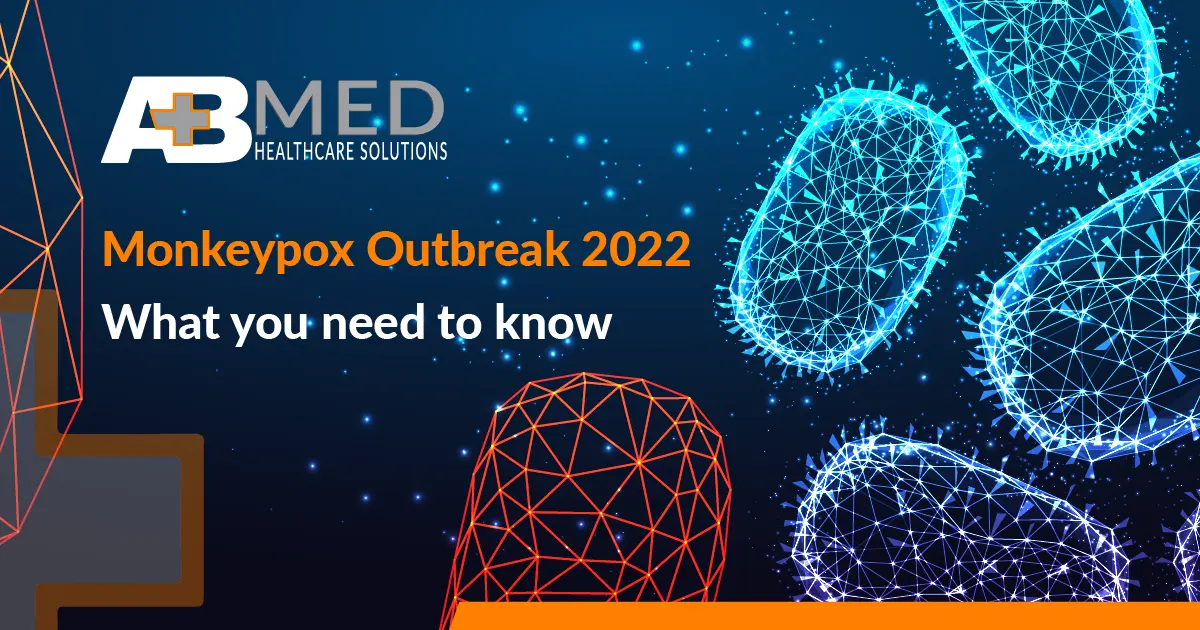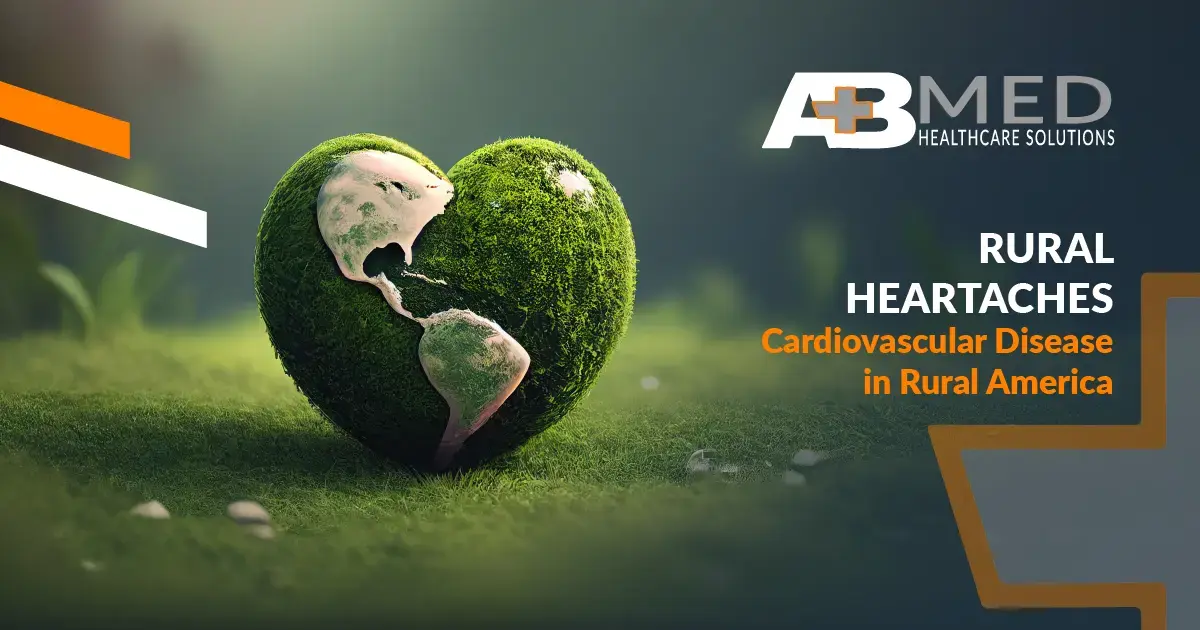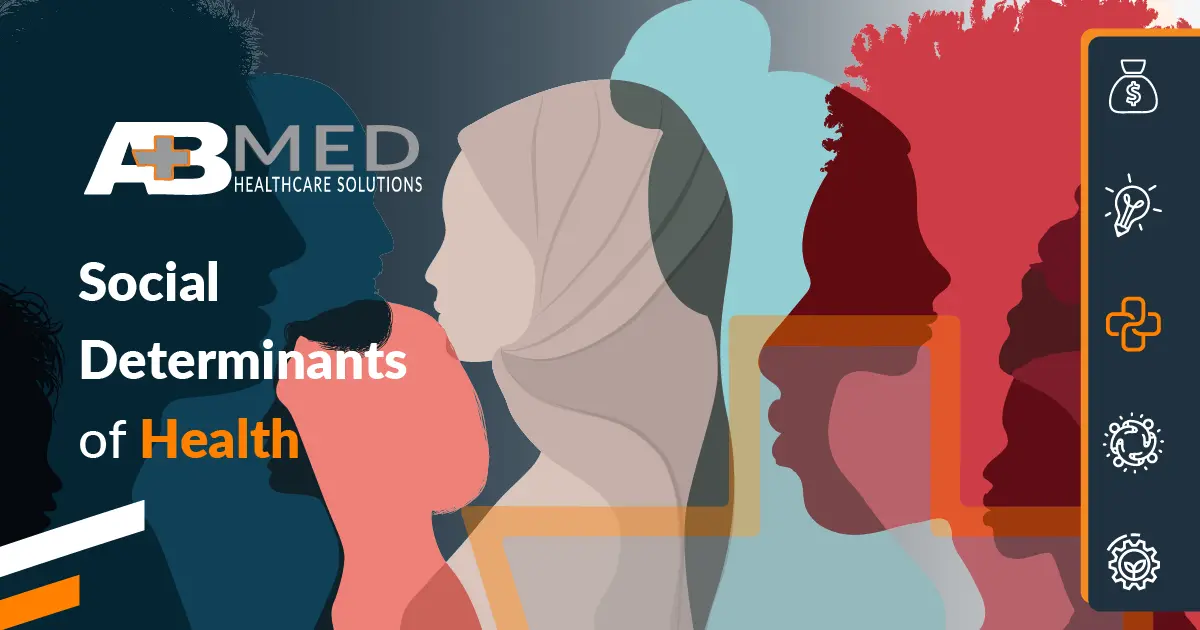The World Health Organization just declared monkeypox a global health emergency as cases increase across the globe. (I) As the disease spreads, public health leaders and health departments need to act quickly and strategically to minimize outbreaks within their communities and ensure that they have the resources to care for those infected.
This update report will provide a general overview of what monkeypox is, the current outbreak, and what steps can be taken in response. Establishing infection control teams, monitoring outbreaks, and raising awareness of risks are effective ways public health communities can work together to fight against the emerging monkeypox threat.
What is Monkeypox
According to the CDC, the monkeypox virus is related to the smallpox virus, with possible symptoms including fever, a rash that often blisters, headache, muscle aches, swollen lymph nodes, respiratory symptoms, chills, and exhaustion. (iii) The virus can be transmitted in several ways: through direct contact with the infectious rash or scabs, through respiratory secretions, by touching objects/surfaces that had contact with the infectious rash/bodily fluids, and via pregnancy. (iv)
The Current Monkeypox Outbreak
Earlier this year, in the spring of 2022, monkeypox cases began popping up concurrently in countries where the disease had not been endemic. (v) The spread of monkeypox in these “widely disparate geographical areas” all at once had never happened before. (v) And one of these countries included the United States.
As of July 27, 2022, the total case count for the U.S. is 4,639. (vi) Globally, that number has now surpassed 20,000 in 77 different countries, 71 of which have not historically reported monkeypox. (vii). As the virus continues to spread and cases continue to rise, global, national, and local health departments need to act quickly and strategically. A coordinated effort is and will be necessary to minimize and control outbreaks.
For the latest case count numbers, the CDC is offering a 2022 Monkeypox Outbreak Global Map.
How to Respond
The response to the global monkeypox health emergency is multifaceted. The World Health Organization, the CDC, and other large, specialized health agencies are working diligently to research, control, prevent, and treat this outbreak. Smaller and more local health departments also play a critical role in the fight against monkeypox spread. The following steps are suggestions for how local health agencies and departments can respond to this threat in their own communities
- Establish a Monkeypox Infection Control Team
Monkeypox cases are increasing daily all across the globe. As a result, local health departments should assume that the virus will make its way to their communities (if it hasn’t already) and should establish a dedicated infection control team to spearhead the response.
The more proactive a community can be regarding this emerging viral threat, the more likely it will be able to respond with a strategic and well-thought-out action plan. During the recent international emergency committee meeting, the WHO Director-General emphasized the importance of being prepared.
- Monitor Community Outbreaks
With an infection control team established, local health departments should be able to monitor community outbreaks
In their recommendations, the WHO emergency committee also highlighted the need to slow monkeypox transmission in communities through “targeted risk communication and community engagement, case detection, supported isolation of cases and treatment, contact tracing, and targeted immunization for persons at high risk of exposure for monkeypox.” (viii). Following best practices in case detection, reporting, and tracing will slow the spread of infection. Having a set system in place for case monitoring will also help ensure that those forced to isolate receive the right resources and treatment they need.
- Educate on Risks and Resources
Finally, one of the most effective things that local (as well as national and global) health departments can do is educate their communities on their risks and resources. According to the CDC, many of the reported monkeypox cases have been “among gay, bisexual, and other men who have sex with men. Because of this, CDC has emphasized the need to identify and use specific channels to promote messages that directly reach gay and bisexual men (across racial, ethnic, socioeconomic, and geographic backgrounds).” (ix)
However, while raising awareness within these at-risk communities is important, it is just as essential to do so in a way that doesn’t breed stigma. The WHO recommends implementing interventions that “avoid the stigmatization and discrimination against any individual or population group that may be affected by monkeypox…The focus of these interventions should be: to promote voluntary self-reporting and care seeking behaviour; to facilitate timely access to quality clinical care; to protect the human rights, privacy and dignity of affected individuals and their contacts across all communities.” (viii)
Similarly, the CDC suggests that in their messaging, public health departments can make sure to emphasize that anyone can get monkeypox, thereby helping to reduce stigma as well. (x) Health agencies and departments should also make it easy for their communities to understand what resources are available and how to access them. While there are currently two vaccines in the U.S. licensed by the FDA that can be used for monkeypox prevention, one is limited in supply, and people with certain health conditions should not use the other. (xi) Making sure communities understand their risks, prevention options, and what to do in case of infection will be key in slowing the spread.
Your Public Health Partner
If you need assistance developing and implementing a monkeypox response plan in your community, we can help. We offer solutions that include infection control, monitoring and evaluation, contact tracing, or even consulting and support for your existing teams. Here at AB Med, our healthcare experts have the knowledge and skills necessary to help you strategically and efficiently respond to this emerging threat.
Let’s work together to help slow the spread of infection and keep your community safe. Let’s Connect.
REFERENCES & RESOURCES
- WHO declares monkeypox a global health emergency as infections soar. (n.d.). Washington Post. [online] Available at: https://www.washingtonpost.com/health/2022/07/23/monkeypox-who-global-emergency/.
- World Health Organization: WHO (2022). Monkeypox. [online] Who.int. Available at: https://www.who.int/news-room/fact-sheets/detail/monkeypox.
- CDC (2019). Signs and Symptoms. [online] Centers for Disease Control and Prevention. Available at: https://www.cdc.gov/poxvirus/monkeypox/symptoms.html.
- www.cdc.gov. (2018). Transmission | Monkeypox | Poxvirus | CDC. [online] Available at: https://www.cdc.gov/poxvirus/monkeypox/transmission.html.
- www.who.int. (n.d.). Monkeypox outbreak 2022. [online] Available at: https://www.who.int/emergencies/situations/monkeypox-oubreak-2022.
- www.cdc.gov. (2022). 2022 U.S. Map & Case Count | Monkeypox | Poxvirus | CDC. [online] Available at: https://www.cdc.gov/poxvirus/monkeypox/response/2022/us-map.html.
- www.cdc.gov. (2022). 2022 Monkeypox and Orthopoxvirus Outbreak Global Map | Monkeypox | Poxvirus | CDC. [online] Available at: https://www.cdc.gov/poxvirus/monkeypox/response/2022/world-map.html.
- www.who.int. (n.d.). Second meeting of the International Health Regulations (2005) (IHR) Emergency Committee regarding the multi-country outbreak of monkeypox. [online] Available at: https://www.who.int/news/item/23-07-2022-second-meeting-of-the-international-health-regulations-(2005)-(ihr)-emergency-committee-regarding-the-multi-country-outbreak-of-monkeypox.
- CDC (2022). Monkeypox in the U.S. [online] Centers for Disease Control and Prevention. Available at: https://www.cdc.gov/poxvirus/monkeypox/response/2022/cdc-response.html..
- www.cdc.gov. (2022). Reducing Stigma in Monkeypox Communication and Community Engagement | Monkeypox | Poxvirus | CDC. [online] Available at: https://www.cdc.gov/poxvirus/monkeypox/reducing-stigma.html.
- www.cdc.gov. (2022). Considerations for Monkeypox Vaccination | Monkeypox | Poxvirus | CDC. [online] Available at: https://www.cdc.gov/poxvirus/monkeypox/considerations-for-monkeypox-vaccination.html.
By: Erik McLaughlin MD, MPH and Aikaterini Papadopoulou, B.Arch






